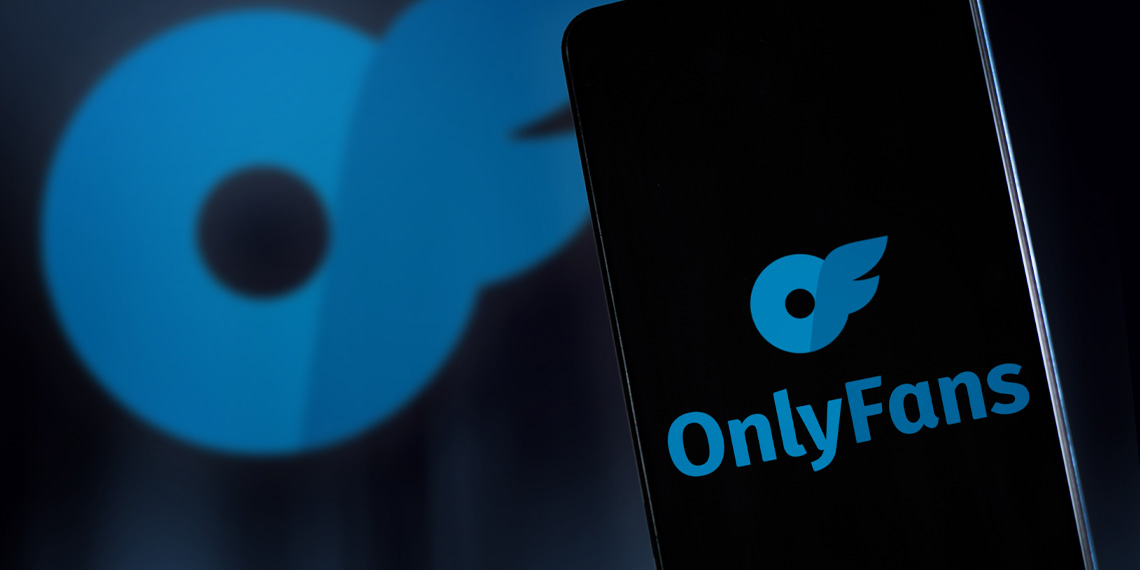A new study published in the journal Sexuality & Culture has found that many adolescents in Spain, including those as young as 12, are not only aware of OnlyFans but also see it as a viable and even empowering way to make money. In group discussions with over 160 teenagers, researchers discovered that platforms promoting erotic content are influencing how young people—especially girls—view economic opportunity, self-worth, and sexuality. Teens frequently framed content creation as a personal choice or expression of agency, while minimizing the risks.



“People as young as 12 have realistic views of the economic viability of sexuality, how dare they.”
I don’t think you can extrapolate that from this. Recognizing economic hardship and understanding nuanced sexual dynamics in society are very different.
It would be like saying a child understands the military industrial complex and systematic oppression just because they liked GI Joe action figures or want to be in the army. Lots of kids just think helicopters and explosions are cool. Then their opinions change as they get older and begin to understand the actual toll on human life that a war takes.
Somehow I doubt that. More likely they view it like being a YouTuber, streamer, or influencer, when in reality it’s primarily video production and marketing. It’s not just “film titties get money”, you have to actually convince people to subscribe.
It is like being a YouTuber. People think it’s easy money and then they make jack-shit with barely any audience all while working their ass off. Only a few get big, most burn out after lots of work and little success.
This is an insane fucking take. Yes 12 year olds should not be feeling a desire to make pornography.
They also should be able to say “yes, I’m 18” and just access this content. Right?
Are you saying that a child watching porn is equivalent actual child porn?
Cuz it sure sounds like that’s what you’re saying…
I think that the larger problem is that you probably aren’t going to be an erotic actress for your whole life.
Like, what the authors seem to be focusing on is the degree to which teens might see this as an alternative to traditional work or being educated:
So, okay. Say you’re a young woman and 20, and you make pretty good money putting on cat ears and licking a microphone or whatever’s presently in vogue compared to most other things you could be doing at that age. But…are you going to be doing that at 30? 40? 50? Are you likely to make enough to retire off that in the time that you’re successfully doing that? Because if you haven’t acquired a skillset in that period for a lifelong career…like, if you forego education for that, that could be a really expensive exchange.
Now, in fairness, I kind of feel like some similar issues also apply to things like being a professional sports player. Short viable career for most sports, high risk of not being able to make it big enough to retire off earnings. But we also haven’t had a radical recent shift in the pro sports industry.
I guess maybe pro gamers could be in a similar position. I don’t know how many teens plan to do that (though I haven’t seen a lot of material agonising about the number of teens who want to become pro gamers). I have seen a lot of material concerned about the wildly-beyond-what-can-be-sustained numbers who want to become social media influencers, though.
EDIT: Regarding influencers:
https://www.cbsnews.com/news/social-media-influencers-86-of-young-americans-want-to-become-one/
I can’t give you a percentage of society that can be viably dedicated to trying to influence others on social media off the cuff, but I am very confident that it is far, far less than that. If anything remotely approaching that level tries to do the field full time and make major tradeoffs for it, that’s going to potentially be very costly for society.
There’s not really any stigma to being a former sports star, that’s one big difference.
I mean, I can imagine a world where there isn’t to being a former erotic actress either. Used to be a stigma attached to being a (non-erotic) actor or actress, whereas today, we have very high-prestige actors.
But that world still requires people to have a skillset for their working life — like, that’s kinda fundamental.
If you are successful as a content creator, whatever the platform, you have great marketing, communications and branding skills. How transferable do you want the skills to be?
Big if. Most aren’t that successful.
I can imagine it too, but that’s not the world we live in, and I don’t think we will any time soon.
Well, it’s hard to predict societal change, I think. I remember commenting that a lot of past futurism seemed to be a lot more accurate on technical change than it was on social change. Gender roles or clothing predictions aren’t all that great, though what machines are doing can be at least in the ballpark. So I feel kind of on thin ice here.
But if you look at the article, the stigma doesn’t seem to be showing up with the study participants:
If you look at what a lot of musicians do today in music videos, I’d say that it’s not terribly far off softcore pornography. I’ve certainly seen softcore pornography in the past that was less-explicit than what a mainstream musician might be doing in music videos in 2025.
And I think that that’s a shift that’s been happening for a long time. Selling sexuality was part of what Michael Jackson did in the 1990s or Elvis did in the 1960s.
So my guess is that the trajectory is towards normalization. Can’t say with any certainty that the trajectory will continue, though.